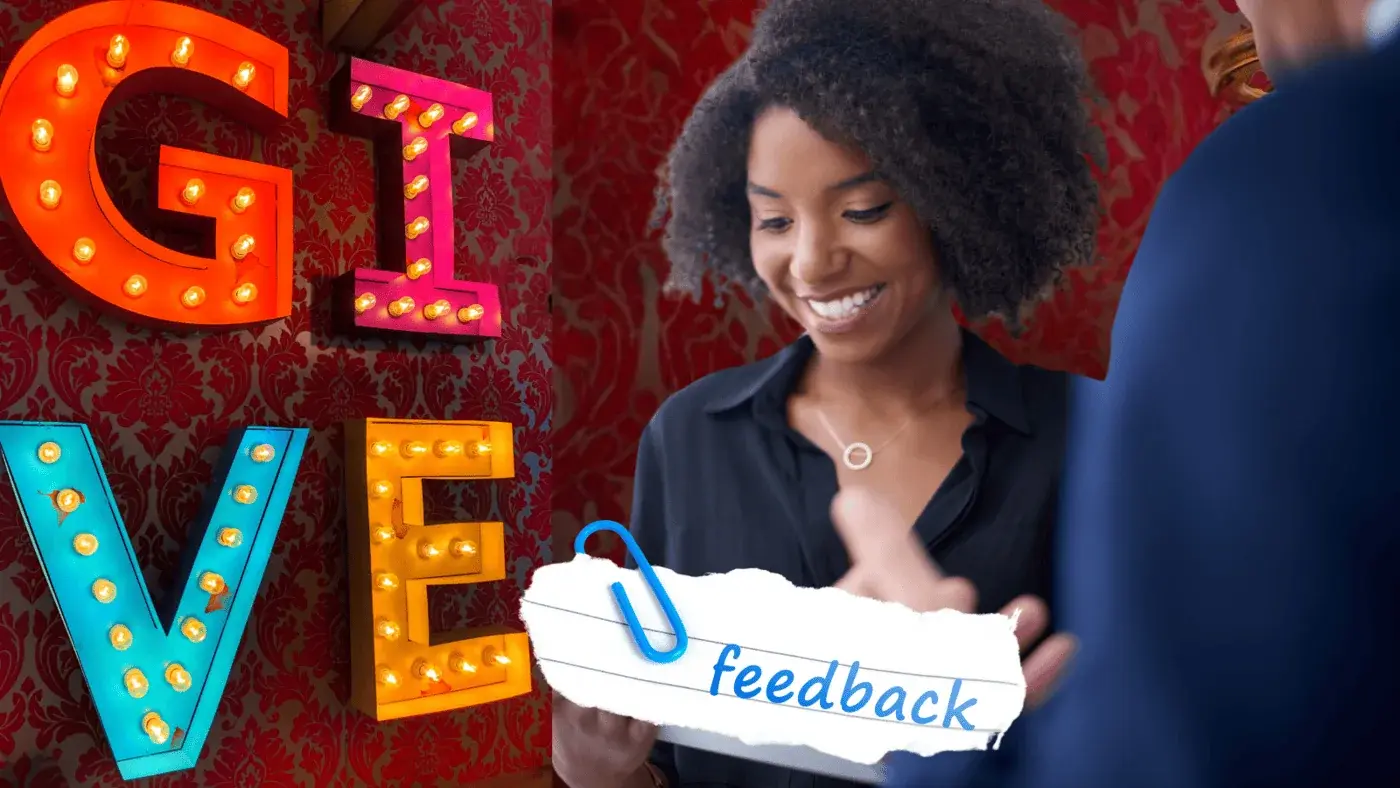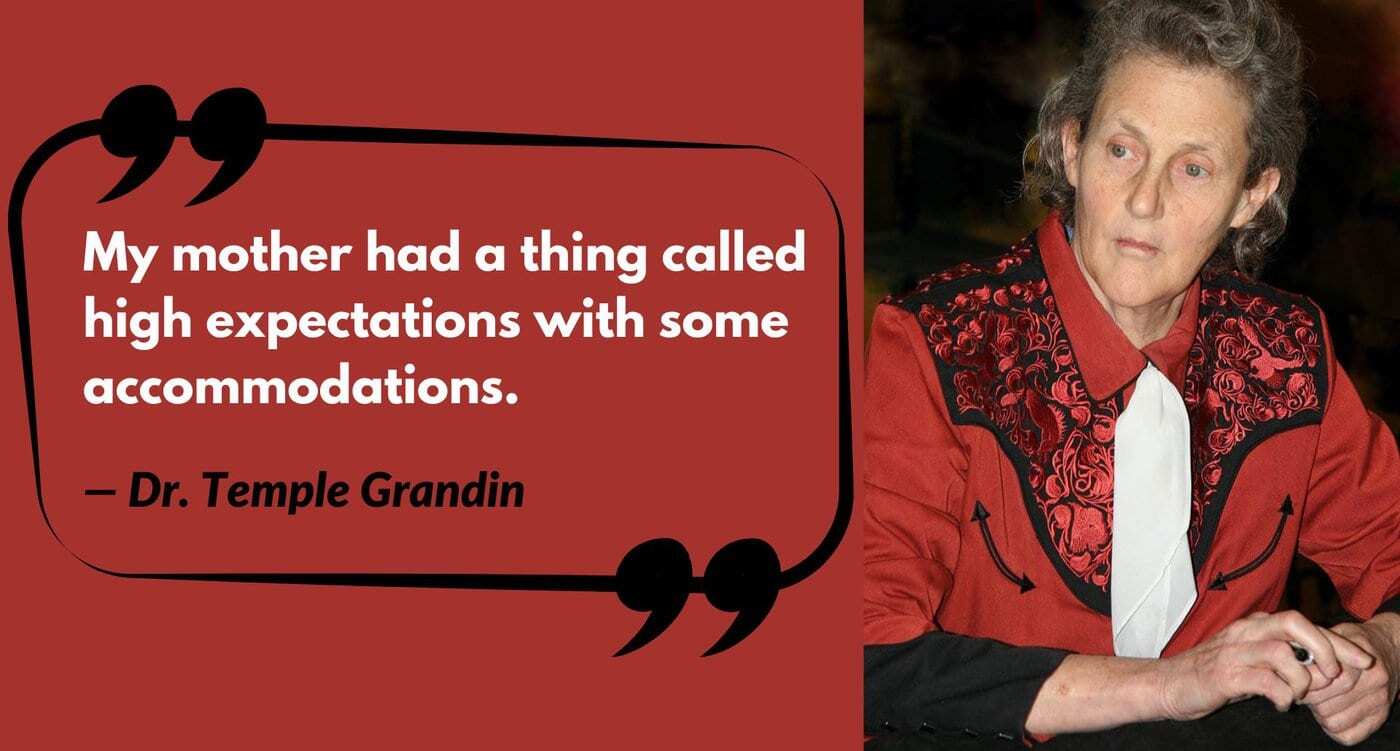Managing Resistance: How to Reset Expectations With Challenging Direct Reports
Edited By Brandi Neal, Radical Candor podcast writer and producer, and director of content creation for Radical Candor. This article about how to...
5 min read
Radical Candor May 21, 2025 4:32:06 PM

Edited by Brandi Neal, Radical Candor podcast writer and producer, and director of content creation for Radical Candor. When frustration flares, it’s tempting to blame someone’s personality. But jumping to conclusions can block solutions. Radical Candor co-founders Kim Scott and Jason Rosoff, along with principal coach and podcast host Amy Sandler, unpack how to avoid the fundamental attribution error, offer better feedback, and replace judgment with curiosity.
By recognizing our unseen angles, we can shift from blaming personalities to changing behaviors. Here's how.

You're cut off in traffic. Your immediate reaction might be to shout something unprintable. But what if you were the one who accidentally cut someone off because they were in an area outside your awareness?
Amy Sandler, principal coach and podcast host at Radical Candor, posed this scenario as a gateway into a conversation about the fundamental attribution error, a concept coined by Stanford psychologist Lee Ross. The error occurs when we explain someone’s behavior by attributing it to their character—“what a jerk”—rather than considering the situation they might be in.
“Are you in fact an asshole? No, you are not,” Sandler said. “Was the other person? Perhaps they made an anonymous mistake just like you did—or maybe they're rushing a sick child to the hospital.”
Author and co-founder of Radical Candor Kim Scott highlighted the dangers of these assumptions. “If you really believe that person is fundamentally an asshole,” she said, “there’s no solution to the problem.”
Blaming character shuts the door on empathy, accountability, and improvement. “It doesn’t allow you to take into account the possibility that you might be doing something that’s contributing to the problem,” Scott said.
The trouble with making feedback personal is that personality is difficult to change. Behavior, on the other hand, is adaptable. That’s why Radical Candor encourages separating the person from the problem.
Scott emphasized this point with a lesson from her own experience: “Anytime you're about to say, ‘You are...,’ just pause. You're now talking about the person’s personality, not their actions. Even if it’s something positive like ‘You’re generous,’ it’s still more helpful to explain what they did that demonstrated generosity.”
Jason Rosoff, Radical Candor co-founder and CEO, echoed this approach. “Very rarely have I run into people who are actively trying to do harm,” he said. “We owe that sort of mental hug to pretty much everybody that we meet.”
Rosoff pointed out that it’s easier to make harsh assumptions about people we don’t know well—or who are different from us. “The less well you know someone, the more likely you are to make the fundamental attribution error,” he said.
To further explore the psychological distance between intention and perception, Sandler shared a favorite parable: a meditating monk is jolted from peace when another boat smashes into his. He reacts with rage—until realizing the boat is empty.
“It just had floated and banged into him,” she said. “Often there is someone riding the boat, but even pulling it back to the empty boat helps us really anchor how much of it is what’s inside of us that’s waiting to be set off.”
Scott responded with a metaphor of her own. “I was angry at the current in the river,” she said. “That’s the imp of the perverse.” Rosoff chimed in: “Maybe this is beating the metaphor, but the system is the river. Maybe I still have some responsibility for how things wound up.”
The takeaway: context matters more than character. If the monk blamed the boat, he’d miss the real cause—a drifting object on a current he couldn’t control. In everyday interactions, people behave the way they do for reasons we often don’t see.
To help people give feedback that focuses on behavior—not personality—Radical Candor uses a tool called CORE:
Rosoff explained how a situation might play out using the framework: “Instead of saying, ‘You’re a terrible person because you showed up late,’ say, ‘When you showed up late to our meeting (context), people were frustrated while waiting (observation). It caused resentment (result). Can we figure out how to make it easier for you to be on time? (expected next step).’”
By framing feedback this way, the conversation becomes collaborative, not accusatory. “It forces you to be future-focused,” Rosoff said. “Attributing something to personality is almost always backward-looking. Behavior is something you can change.”
Scott agreed: “What’s fundamental to all of this is not an attribution, but a growth mindset.”
One of Radical Candor’s guiding principles is to “get curious, not furious.” Or as Scott later revised: “When furious, get curious.”
This shift applies not only to how we view others but also how we treat ourselves. Even the most specific, behavior-focused feedback can still feel like a personal attack if we’re prone to internalizing criticism.
“I would categorize myself as someone who’s pretty sensitive to criticism,” Rosoff said. “It took me an embarrassingly long time to realize that the problem wasn’t what the person was saying—it was that I had a little evil translator in my head that turned it into the meanest possible version.”
Sandler admitted to something similar. “Even if someone gives me the most specific context, observation, result, and next steps, I still hear it as ‘You’re terrible and you’re on your way out.’”
Recognizing this internalized narrative is a step toward managing it. “Not everybody has the benefit of realizing there’s a voice inside their head telling them these things,” Rosoff said. “They feel as though the world is constantly attacking them.”
One antidote to internalized criticism is cultivating self-compassion—a concept backed by the work of researcher Kristin Neff. Sandler cited three core elements:
She noted how this applies to feedback: “The voice was not only an asshole to me—it was also an asshole to everything around me.”
It’s a theme that ties back to Radical Candor’s broader goal: to build a culture where people can grow, be direct, and still be kind.
Even workplace missteps—like a group project derailed by a cruel note passed in business school—can be reframed through CORE. “We got an F on the project because the guy was so mad,” Scott recalled. “Instead of saying, ‘You’re immature,’ I could’ve said: When you passed that note (context), Elliot saw it and was pissed off (observation). That hurt our ability to collaborate (result). I think you owe him an apology (expected next step).”
Feedback done well isn’t just about improving individuals—it’s about changing systems. Scott reflected on why books that criticize systems of injustice don’t always sell as well as those that identify a singular villain.
“It’s easier and more satisfying to blame a villain,” she said. “But the system is harder to look at—and harder to change.”
Rosoff added: “The system is the river. We may not be in control of the current, but we have some agency.”
Radical Candor is a reminder of that agency. Whether you’re receiving criticism, giving feedback, or simply reacting to someone else’s behavior, you have a choice: blame the person, or understand the context.
“When people feel like they’re being judged,” Rosoff said, “it’s hard to stay open to feedback. But when they feel understood, they’re more likely to grow.”
The next time someone frustrates you—at work, at home, or on the road—try hitting pause. Ask yourself: Are you judging a personality or examining a behavior?
As Scott summed up, “If you believe that if there's a problem, the other person can fix it—and you can help them fix it—then we’re cooking with gas.”
And if all else fails, remember: no name-calling.
If you understand the importance of receiving feedback in the workplace, then you need The Feedback Loop (think Groundhog Day meets The Office), a 5-episode workplace comedy series starring David Alan Grier that brings to life Radical Candor’s simple framework for navigating candid conversations.
You’ll get an hour of hilarious content about a team whose feedback fails are costing them business; improv-inspired exercises to teach everyone the skills they need to work better together; and after-episode action plans you can put into practice immediately to up your helpful feedback EQ.
We’re offering Radical Candor readers 10% off the self-paced e-course. Follow this link and enter the promo code FEEDBACK at checkout.

Edited By Brandi Neal, Radical Candor podcast writer and producer, and director of content creation for Radical Candor. This article about how to...

Edited By Brandi Neal, Radical Candor podcast writer and producer, and director of content creation for Radical Candor. This article about Temple...

Edited By Brandi Neal, Radical Candor podcast writer and producer, and director of content creation for Radical Candor. This article about how to...